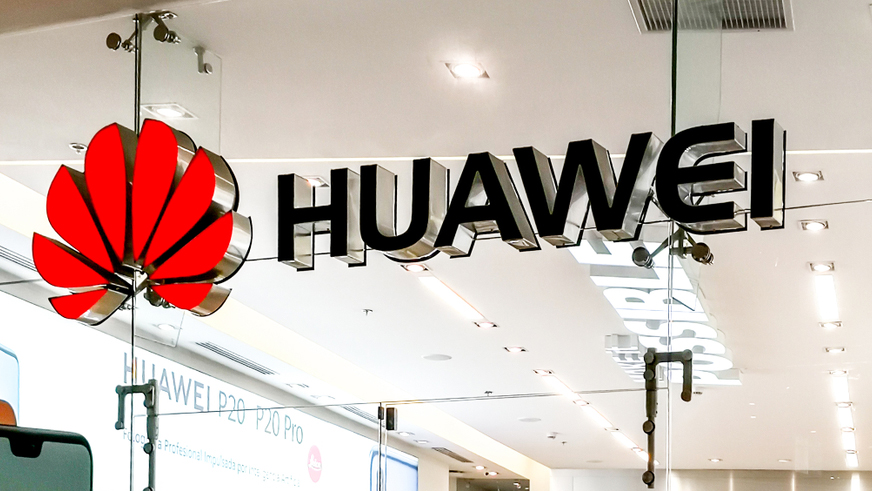UK government to re-examine Huawei's role in 5G infrastructure
Reports suggest officials have been asked to phase out Huawei technology out of Britain's 5G networks by 2023


The UK government is putting plans into motion to phase out Huawei technology from the UK’s 5G infrastructure after a crescendo of voices warned against the security implications of the Chinese company’s involvement.
Despite Boris Johnson ruling in January that Huawei can play a “limited” role in building 5G networks, US sanctions against Huawei has forced the National Cyber Security Centre (NCSC) to re-examine the potential impact on UK networks.
Huawei was initially restricted to being allowed to supply 35% of the hardware that connects devices and equipment to mobile phone masts. This is in addition to a ban against the use of its tech in safety-related and critical networks.
Following the extension of sanctions earlier this month, the prime minister has also instructed officials to phase out the company’s involvement in the 5G infrastructure by 2023, according to the Daily Telegraph.
“The security and resilience of our networks is of paramount importance,” a government spokesperson said. “Following the US announcement of additional sanctions against Huawei, the NCSC is looking carefully at any impact they could have to the UK’s networks.”
The government’s decision has come amid sustained pressure from a section of Conservative MPs vehemently opposed to the Chinese firm’s involvement in the UK’s 5G infrastructure.
Rebel MPs laid down an amendment in March calling for the government to eliminate Huawei technology from mobile phone networks by the end of 2022. This rebellion was only narrowly defeated.
Get the ITPro daily newsletter
Sign up today and you will receive a free copy of our Future Focus 2025 report - the leading guidance on AI, cybersecurity and other IT challenges as per 700+ senior executives
“We’ve seen the reports from unnamed sources which simply don’t make sense,” said Huawei VP Victor Zhang.
“The government decided in January to approve our part in the 5G rollout, because Britain needs the best possible technologies, more choice, innovation and more suppliers, all of which means more secure and more resilient networks.”
While security concerns may or may not be legitimate, the economic impact of restricting Huawei technology is clear, according to research published last year.
Replacing 5G components by those manufactured by rivals, such as Ericsson or Nokia, could delay nationwide 5G rollout by 18 to 24 months, and could cost the economy between £4.5 billion and £6.8 billion.

Keumars Afifi-Sabet is a writer and editor that specialises in public sector, cyber security, and cloud computing. He first joined ITPro as a staff writer in April 2018 and eventually became its Features Editor. Although a regular contributor to other tech sites in the past, these days you will find Keumars on LiveScience, where he runs its Technology section.
-
 Asus ZenScreen Fold OLED MQ17QH review
Asus ZenScreen Fold OLED MQ17QH reviewReviews A stunning foldable 17.3in OLED display – but it's too expensive to be anything more than a thrilling tech demo
By Sasha Muller
-
 How the UK MoJ achieved secure networks for prisons and offices with Palo Alto Networks
How the UK MoJ achieved secure networks for prisons and offices with Palo Alto NetworksCase study Adopting zero trust is a necessity when your own users are trying to launch cyber attacks
By Rory Bathgate